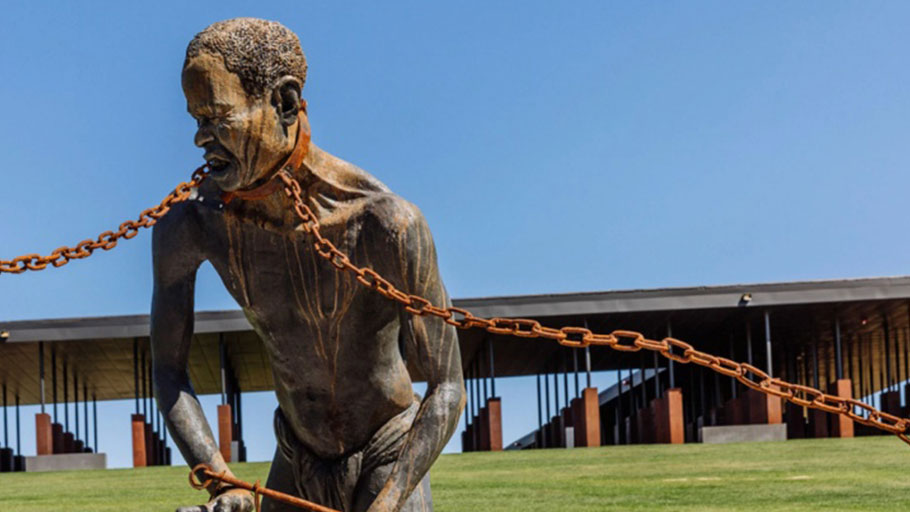
By Rev. Irene Monroe, LA Progressive — A year before the Mayflower arrived in 1620, the first group of enslaved Africans depicted as “20 and odd Negroes” arrived sometime during…

By Rev. Irene Monroe, LA Progressive — A year before the Mayflower arrived in 1620, the first group of enslaved Africans depicted as “20 and odd Negroes” arrived sometime during…

U.S. Senate candidates, Ga. officials voice support for bill to study options. By Tamar Hallerman, The Atlanta Journal-Constitution — Two of the top Democrats seeking Georgia’s U.S. Senate seat in…
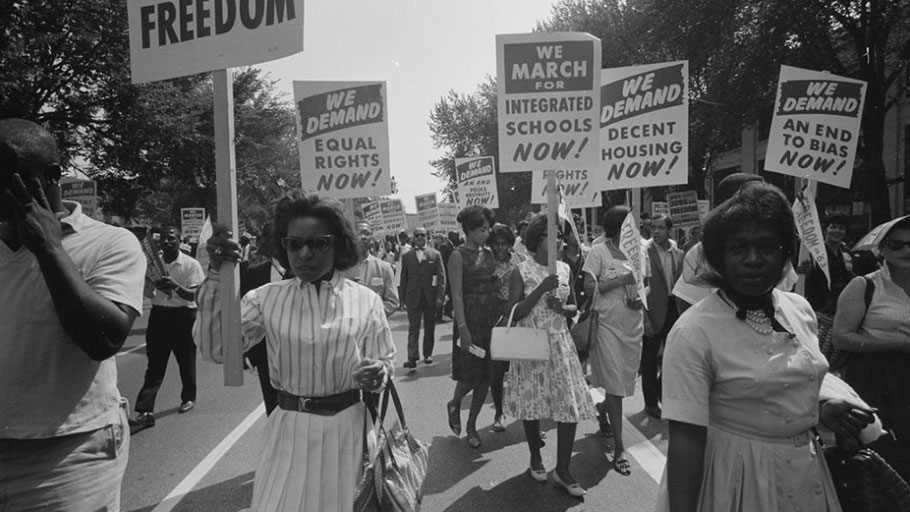
By Danyelle Solomon — 2019 marks the 400th anniversary of Africans sold into bondage arriving on Virginia’s shores. It has been 156 years since the signing of the Emancipation Proclamation, 55 years since the end of Jim Crow, and 51 years since the civil rights movement. All of these moments in U.S. history represent crossroads—moments where the country made a choice or where people demanded that the words on the pages of the Constitution and the Bill of Rights became more than words; that policies and practices were equitably distributed among all people, not just a select few…
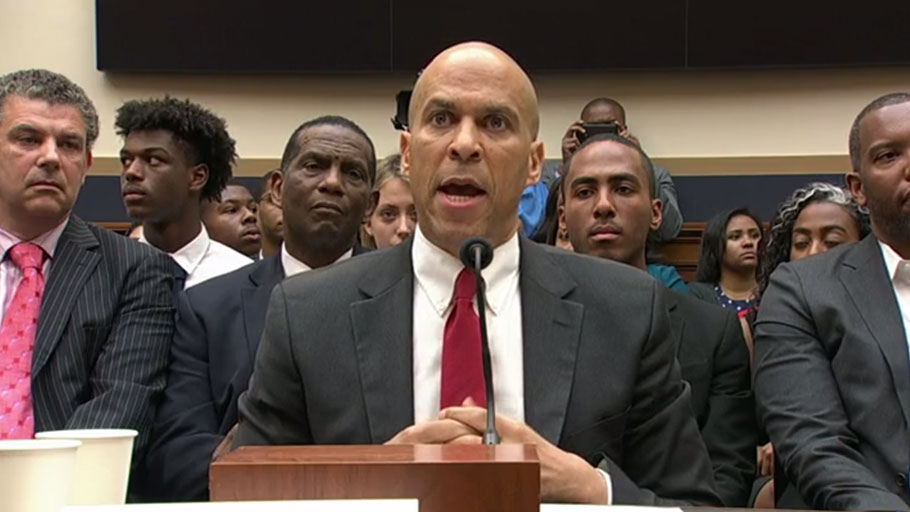
By Nicholas Wu and Deborah Barfield Berry, USA Today — WASHINGTON – Calling racism the “poison of America,” Senate Democratic leader Chuck Schumer gave his support Tuesday to a bill to set up a commission to study reparations. “The disparities in race affect everything, not just the obvious things, but the non-obvious things” like pollution and climate change, Schumer explained. The bill, proposed by Sen. Cory Booker of New Jersey and Texas…
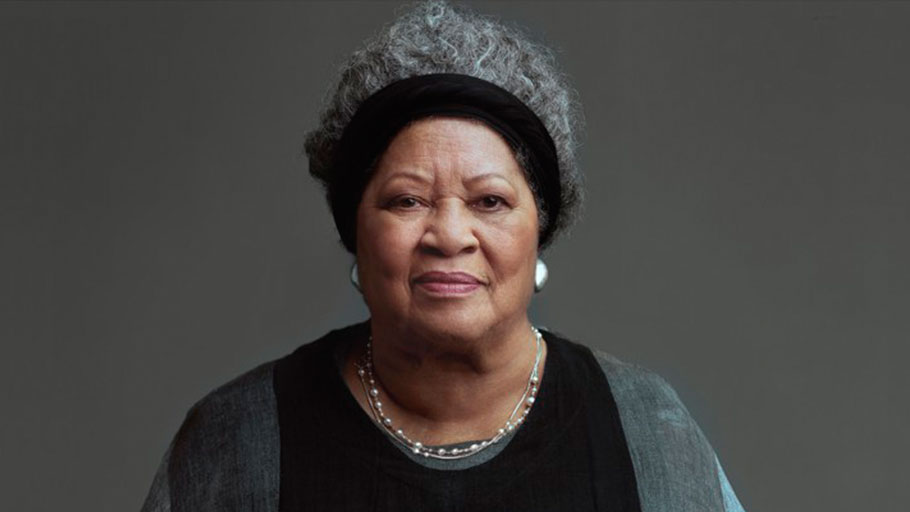
This moving and profound portrait serves as a fitting biographical tribute as well as a piercing, often painful recount of African American history from slavery and the Civil War to the Jim Crow era, the Civil Rights movement and beyond. By Syreeta McFadden, The Atlantic — One of my white teachers in high school insisted that Toni Morrison would be confusing to me as a reader. So I approached the…

By Dr. Maulana Karenga — The recent hearing in the House of Representatives on reparations marks an important step on the long struggle for justice for Black people and accountability…
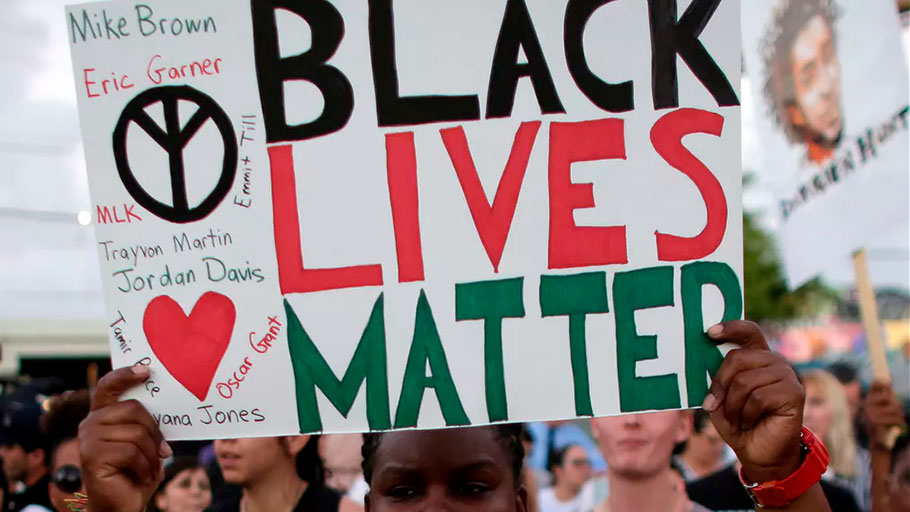
But the persistence of racially biased policing means that unless American policing reckons with its racist roots, it is likely to keep repeating mistakes of the past. Connie Hassett-Walker, The Conversation — Outrage over racial profiling and the killing of African Americans by police officers and vigilantes in recent years helped give rise to the Black Lives Matter movement. But tensions between the police and black communities are nothing new. There are many precedents to the Ferguson,…
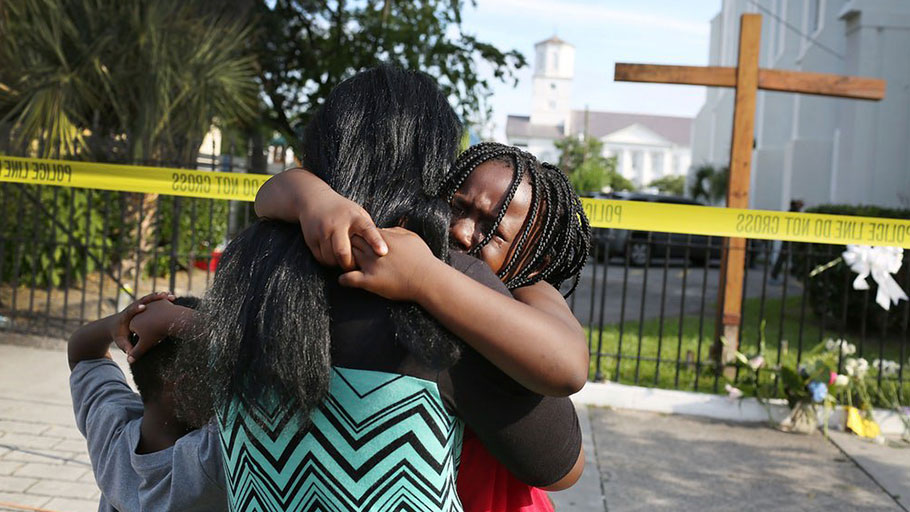
How the legacy of Jim Crow haunts Trump’s America By Kimberlé Williams Crenshaw, The New Republic — This April, PBS aired a groundbreaking documentary series on the fate of Reconstruction—and therefore of Black America. Featuring more than 40 scholars (myself among them) and Black descendants of key figures in Reconstruction’s history, this copiously researched chronicle also doubles as a powerful and chilling window on to our own age of violent and resurgent white nationalism.

Rock Newman Show — With reparations, gentrification, issues like the Mueller Report and rising calls for president Trump’s impeachment making headlines. We’ll share an illuminating discussion of the “Politics of the Unusual” with political scientist Dr. Ron Daniels, president of “The Institute of the Black World 21st Century”. Comments: Share your thoughts or read comments made by others about this episode of the Rock Newman Show on the Rock Newman…
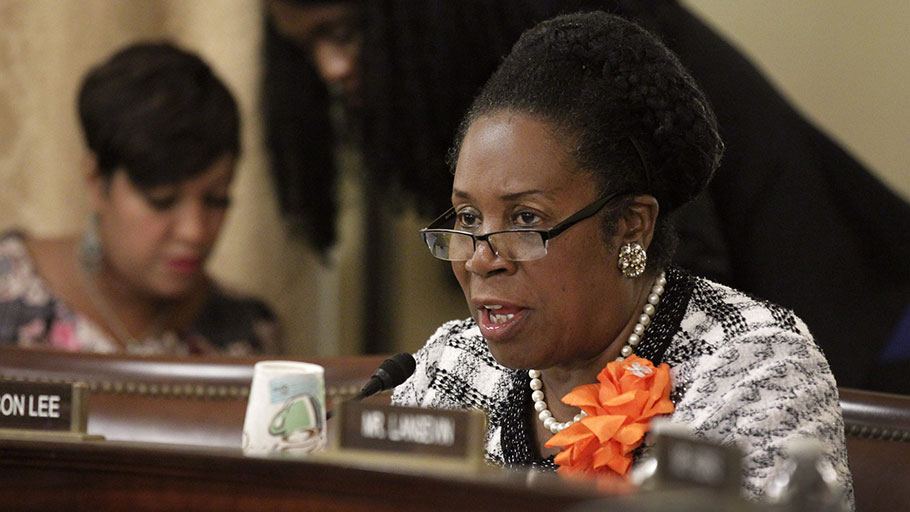
By Roger House, The Hill — The black American demand for reparations over slavery and segregation has gained attention in political circles recently. How it emerged as a topic of federal policy…

By Ashleigh Lawrence-Sanders, AAIHS — The familiar refrain after the Emmanuel AME massacre on June 17, 2015, was that Dylann Roof, the murderer, was not from “here.” But as Ethan Kytle and Blain Roberts’ Denmark Vesey’s Garden: Slavery and Memory in the Cradle of the Confederacy aptly demonstrates, Roof’s understanding of history and memory in Charleston led him to that church; and his understanding was not alien to the sometimes violently, oft-contested memory of slavery in the…
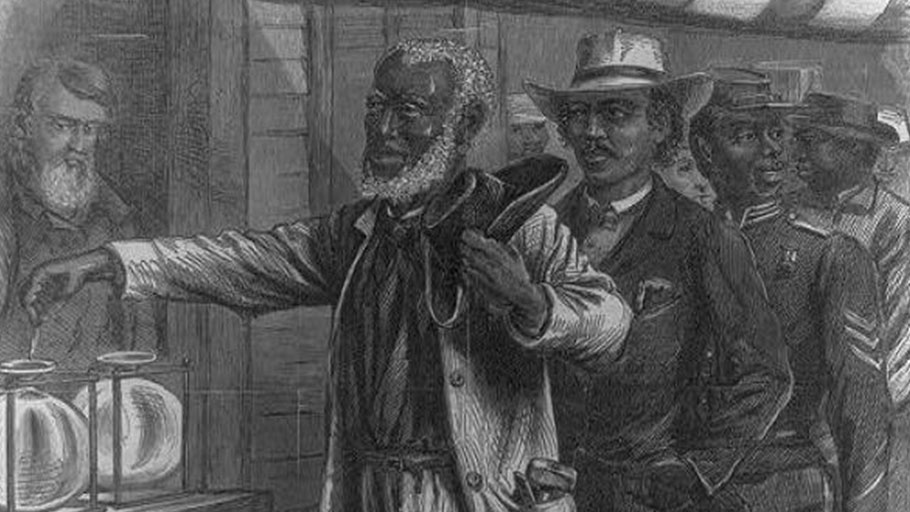
During the 1870s, more than a half a million Black men voted for the first time in their lives. But this wave of progressive change did not last long. By Rebekah Barber and Billy Corriher, Facing South — One hundred and fifty years ago, a Congress dominated by “Radical Republicans” — mostly former abolitionists who represented Northern states — mandated that Southern states rewrite their constitutions, ratify the 14th amendment, and grant…